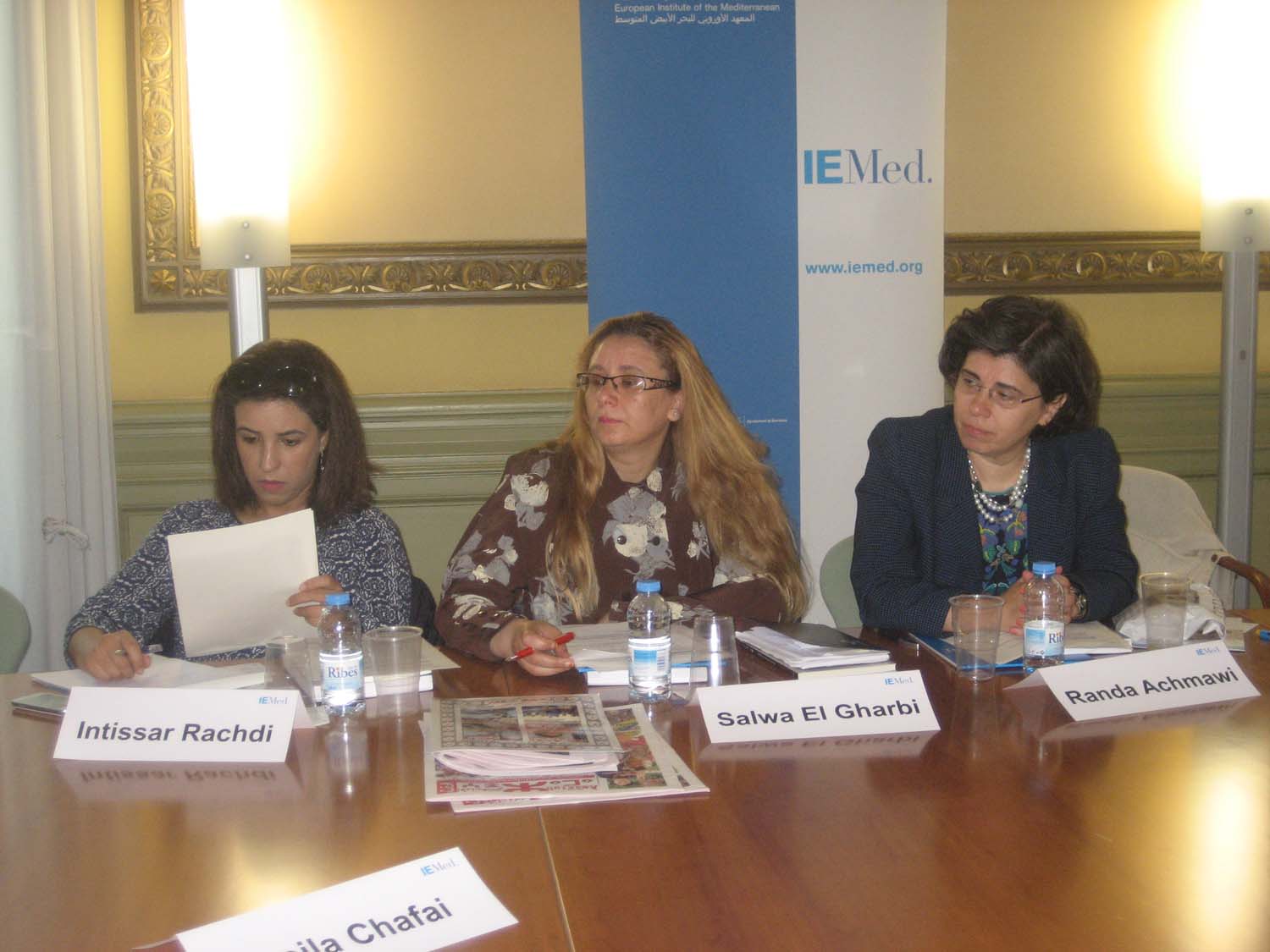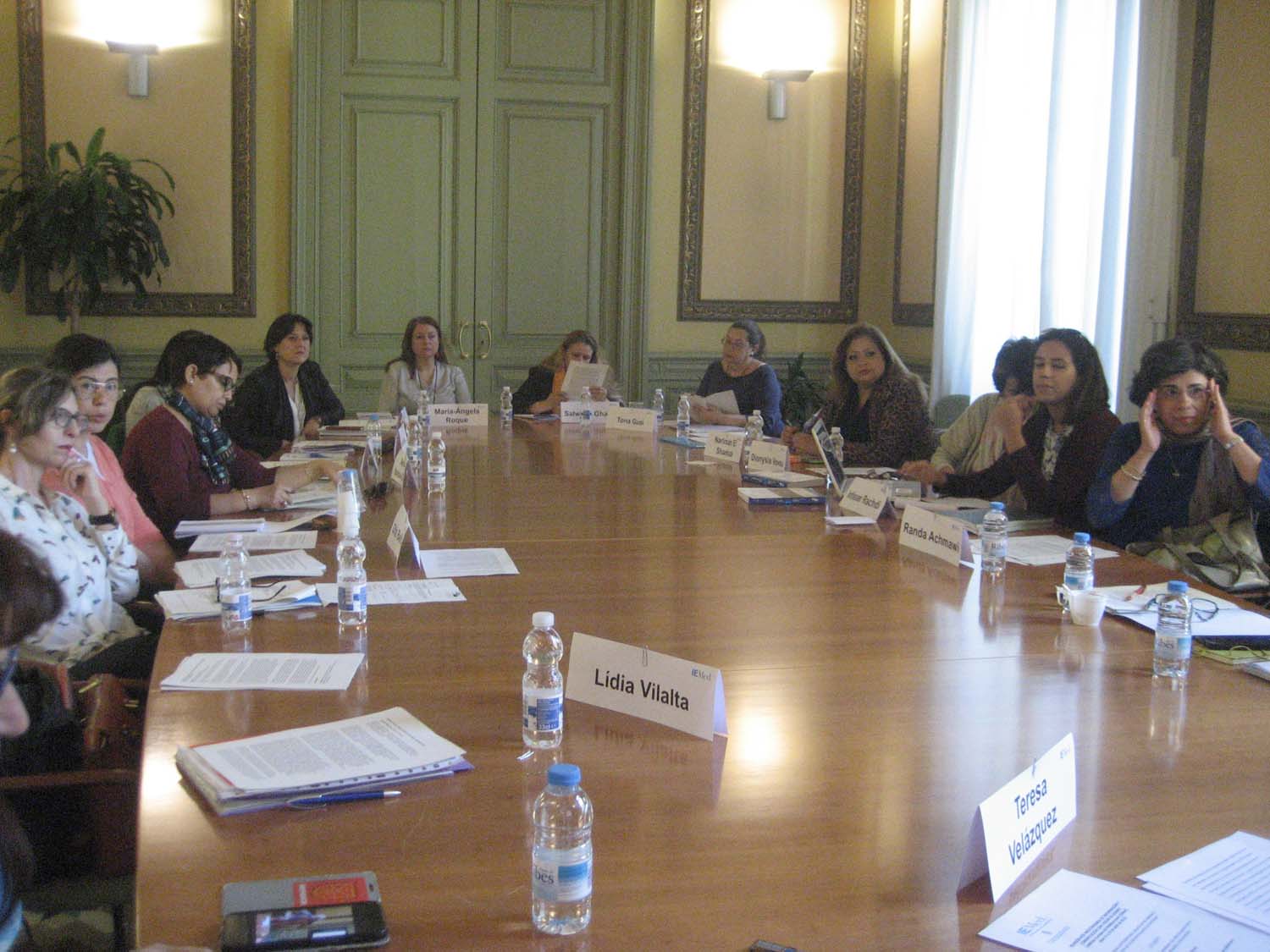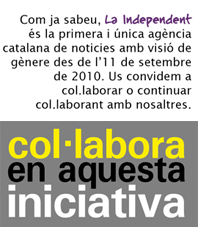
The situation of women today, in many parts of the Arab world is even worse, than it was before the 2011 uprisings. In countries like Syria, Iraq or Yemen, women’s lives have deteriorated… More than ever before, we see girls being forced into to early marriages, offered as a sacrifice to men for pleasure or even sold as slaves or war loot in ‘markets’.
To look back and try to produce today, five years later, a credible analysis of the situation of women in Arab countries in the aftermath of the Arab uprisings is certainly an extremely challenging task. There is clearly no shortcut to reaching an accurate understanding of social changes produced by the so called Arab Spring. Changes having taken place in women’s lives being a major one.
It is true that at a first glance, when one casts a general look at situation of women in many Arab countries particularly those consumed by war, extremism or refugee crisis, the impression is extremely bleak and one might think that the situation of women today, in many parts of the Arab world is even worse, (in some cases much much worse) than it was before the 2011 uprisings.
Forced into to early marriages or sold as slaves in ‘markets’
In countries like Syria, Iraq or Yemen, women’s lives have deteriorated, if we compare it to what it was before the uprisings. More than ever before, we see girls being forced into to early marriages, offered as a sacrifice to men for pleasure or even sold as slaves or war loot in ‘markets’.
But beyond the consequences and dreads of the descent into war and conflict, many Arab governments also tried to use women as an instrument to achieve political goals. In this manner, military governments or the ones with theocratic orientation which are known to have reached power in the past 5 years, have tried, each one in their own way, to present themselves to the outer world as friendly or inclusive of women. Over the past years, women have been appointed by Islamists government to different key positions or encouraged to run for Parliament seats. The same having happened to the military government which has succeeded Islamists with a secular agenda meant counter the Islamist ideology, as in Egypt.
Archaic views as a form of control of society
But while both models of governments mentioned, tried to present themselves as inclusive of women or open to their participation, their approach is known to have turned out to be superficial or cosmetic. As 27 year old Yasmin Galal, an Egyptian researcher in gender studies puts it so well “these cosmetic measures were only intended to perpetrate archaic views or else be used as a form of control of society”.
She reminds that during the Muslim Brotherhood government there was a representation of women in Parliament and government positions, but when questioned, these same women turned out to have extremely archaic mindsets, their views often went on the opposite directions of very basic needs or interests of other women.
The same happens today under the military rule. “We have women ministers and in the Parliament who certainly look very different from the representatives of the Ikhwan in their external appearances. But these women also work for the perpetration of the status quo, as they very often have themselves extremely patriarchal mindsets and don’t dare to question issues that do not fall in the scope of what is accepted by society and tradition” says Yasmin.
According to her, the only way to concretely improve women’s condition is by making it possible for pressure groups or NGOs to operate freely, without constraints or be constantly harassed by officials, as is was the case of the executive director of Nazra for feminist studies, Mozn Hassan, who along with other staff, was lately summoned for questioning over claims that the organization has been operating illegally.
Mozn believes that her organization, which has been registered since 2007, is been targeted because it campaigns for human rights “We are not this nice acceptable women’s organization, we are not a development only (organization). We think the feminist movement is a political movement. We’ve always had a Human Rights perspective” says Mozn.

Randa Achmawi, 1º per la dreta, com a dalt al debat a l’IEMed; fotos Lidia Vilalta
Irreversible social and psychological changes
But beyond all attempts by the governments who took over on the aftermath of the Arab Spring, to use the agenda on women as an instrument for political gains, a closer look the situation show that, at a social level, a much more profound phenomena seem to have taken place.
The rebellions of both men and women, which were observed over the past years in different Arab countries, seem to have produced irreversible social and psychological changes amongst a wide range of groups, particularly amongst youth. “In the past 5 years we have changed profoundly” says Mohamed, a 24 year old young Egyptian.
Having lived the events which took place in his country, he is capable of reflecting on what happened in society and clearly sees the social changes. “Unlike all those who came before, our generation, the Tahrir generation, constantly question traditions and old patterns of behavior. And that clearly translates into changes in our attitude toward women”.
According to Mohamed, his generation is certainly aware of the need of greater empowerment for women. “We also live in a much freer environment, as during the past years we managed to liberate ourselves from constrains imposed by traditions “. “Today we openly discuss subjects previously considered as taboos with member of the older generation and questions the social models they followed, in a way they never thought we would”.
We could say no to our families and live the way we want
According to him, despite the political deterioration of the country or the lack of freedoms imposed over the years by different governments, at a social level, his generation has been marked by events to a point that these have changed them in an irreversible manner. “Men and women of our generation learned that we could say no to our families and live the way we want” For Mohamed, this means that relations between men and women are now more genuine. “They now reflect who we are and not what our families wants us to be”.
Mohamed’s insights are confirmed by Dalia Abdel Hamid an anthropologist who works on the gender and women’s rights file at the Egyptian Initiative for Personal Rights (EIPR). In her article entitled “For Women of Egypt, today is not like yesterday”, she observes that, amongst other developments, women today in Egypt are fighting for financial independence and for the right to live outside their family homes.
She notices that the awareness brought by the 2011 uprisings and the intense social mobilizations that followed the upheavals, caused the mindsets to gradually change and become more open and accepting the idea of women’s freedoms or independence. This having finally having converged into a small but meaningful legal amendment. On June 5th 2014 the Egyptian Penal Code saw the introduction of harassment as a definitive crime. And while this amendment alone does not fully satisfy the aspirations of the many stakeholders who fought over the years to enact it, it remains a crucial victory and achievement and certainly needs to be celebrated.
Randa Achmawi is Journalist, commentator and consultant on MENA (Middle East and North Africa) region matters, based in London and Cairo.





